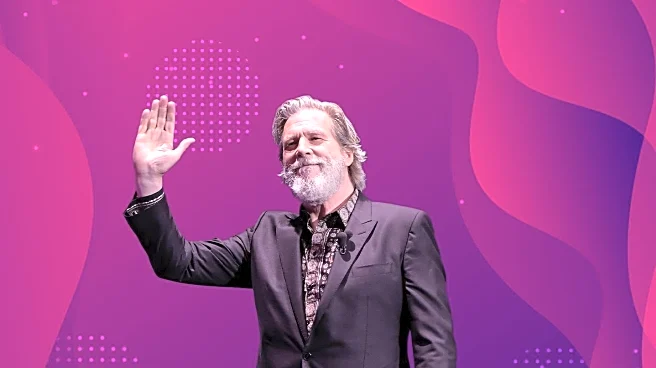What is the story about?
What's Happening?
Peter Mehlman, a former writer and producer for 'Seinfeld,' reflects on the cultural pressure to take sides in every dispute, using the example of the Hall & Oates falling-out over publishing rights. The duo, known for their success in pop music, has been embroiled in a legal battle concerning financial matters. Mehlman discusses the societal expectation for individuals to have opinions on every issue, regardless of personal relevance or expertise. He humorously recounts a conversation with a barista who asked him to choose a side in the Hall & Oates dispute, highlighting the trivial nature of some public debates.
Why It's Important?
The Hall & Oates dispute serves as a microcosm of a larger cultural phenomenon where individuals feel compelled to take sides on issues that may not directly impact their lives. This trend reflects a shift towards moral absolutism, where taking a side is often confused with taking a stand. The pressure to have an opinion on every matter can lead to superficial engagement with complex issues, potentially stifling meaningful discourse. This cultural shift has implications for public dialogue, as it may prioritize quick opinions over thoughtful reflection, affecting how society addresses more significant challenges.
What's Next?
As the Hall & Oates dispute continues, it may prompt further discussions about the nature of public opinion and the societal pressure to engage in every debate. Stakeholders in the music industry and cultural commentators might weigh in on the implications of such disputes for artists' rights and public perception. The broader cultural trend of taking sides could lead to increased polarization in public discourse, influencing how future disputes are perceived and resolved.
Beyond the Headlines
The expectation to take sides in every dispute raises ethical questions about the nature of public engagement and the value of neutrality. It challenges individuals to consider the impact of their opinions and the importance of informed decision-making. This cultural trend may also influence how media and public figures navigate controversies, potentially affecting their reputations and relationships with audiences.















